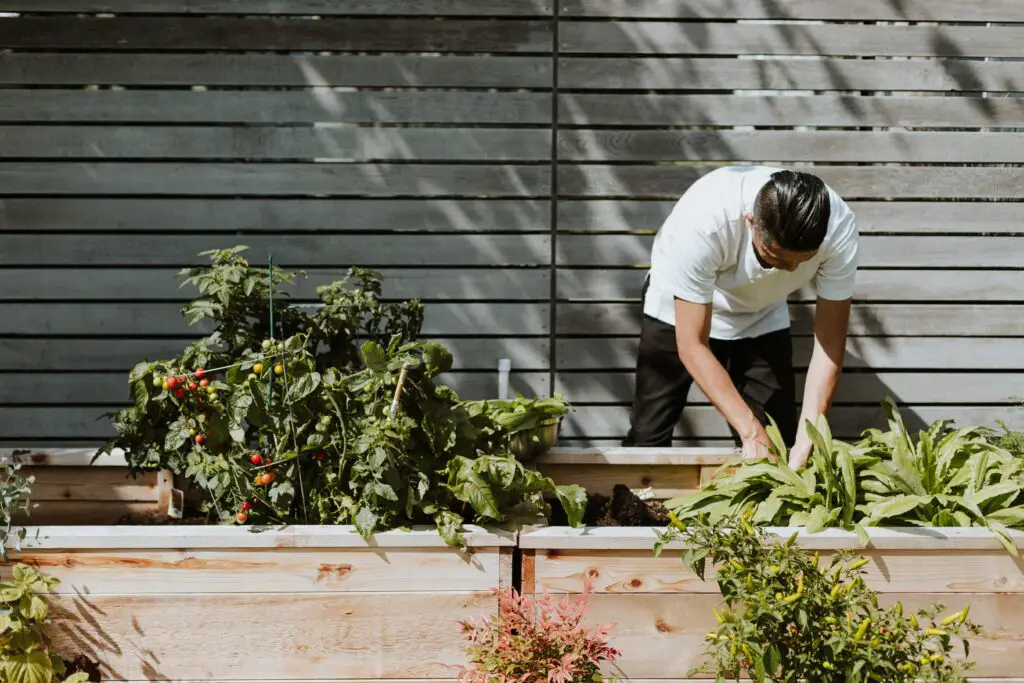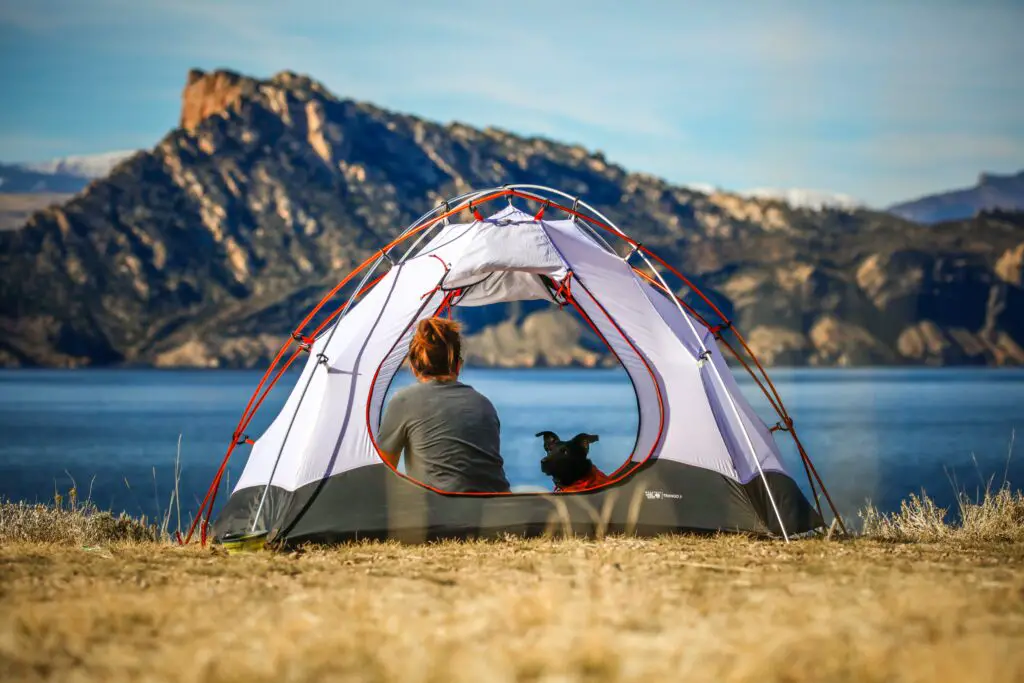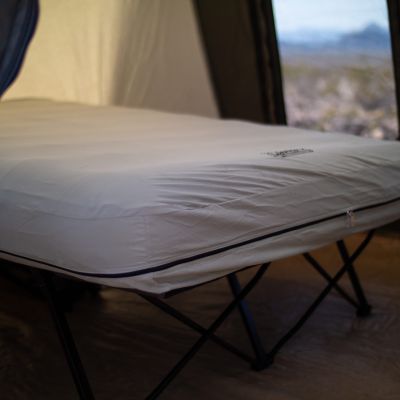Why Outdoor Activities Should be Part of Your Self-Care Routine

Self-care has become an increasingly popular term in recent years, and for good reason. Taking time to prioritize your own physical, mental, and emotional well-being is essential for leading a happy and healthy life. While self-care can take many different forms, one often-overlooked aspect is the benefits of outdoors activities.
There are countless benefits to spending time in nature, from improving physical health through exercise to reducing stress and anxiety through exposure to green spaces. Whether you’re an avid hiker or simply enjoy a leisurely stroll through your local park, incorporating outdoor activities into your self-care routine can have a profound impact on your overall well-being.
Michelle Kondo, a research social scientist with the USDA Forest Service’s Northern Research Station, had this to say about the effect of the outdoors on health and well-being, “The physiological response to being outside in nature is real, and it’s measurable. There are many physical and psychological benefits of nature that scientists have observed, which can better help us understand how nature supports wellness in the body, mind and community.”
In this article, we’ll explore the benefits of outdoors activities and why they should be part of your self-care routine, provide ideas for outdoor self-care activities, and offer tips for overcoming common barriers to getting outside. By the end, you’ll have all the tools you need to prioritize outdoor time as a key part of your self-care routine.
Benefits of Outdoor Activities for Self-Care

There are numerous benefits to spending time in nature, making outdoor activities an ideal addition to your self-care routine. Here are just a few ways that getting outside can boost your physical, mental, and emotional well-being:
Improved physical health
Many outdoor activities, such as hiking, biking, or even gardening, provide a great workout. Regular exercise can improve cardiovascular health, reduce the risk of chronic disease, and help you maintain a healthy weight.
Reduced stress and improved mental health
Spending time in nature has been shown to reduce stress and anxiety levels, boost mood, and improve overall mental health. Exposure to green spaces has also been linked to improved cognitive function and reduced symptoms of depression.
Increased mindfulness and focus
Activities like hiking, meditation, or even simply sitting in a park can help you be more present in the moment and improve your ability to focus. This can lead to greater clarity and a more positive outlook on life.
By incorporating more of these activities into your self-care routine, you can reap these and many other benefits of outdoors activities.
Ideas for Outdoor Self-Care Activities
If you’re looking to add more outdoor activities to your self-care routine, there are countless options to choose from. Here are just a few ideas to get you started:
- Hiking: Exploring a local trail or nature reserve is a great way to get some exercise, breathe in fresh air, and enjoy the beauty of nature.
- Gardening: Tending to a garden, whether it’s a few potted plants on a balcony or a full-fledged vegetable garden, can be a great stress-reliever and provide a sense of accomplishment.
- Yoga: Practicing yoga outside, whether it’s on a beach or in a park, can help you feel more connected to nature and improve your flexibility and strength.
- Camping: Spending a night or two under the stars can be a great way to unplug from technology and immerse yourself in the great outdoors.
- Mindful walking: Take a walk in a park or natural setting and focus on being present in the moment, taking in the sights, sounds, and smells around you.
These are just a few examples, but there are countless other outdoor activities you can try, depending on your interests and location. Whatever you choose, make sure it’s something you enjoy and that helps you feel more connected to nature and yourself.
Overcoming Barriers to Outdoor Self-Care

While spending time outdoors can be incredibly beneficial for your well-being, there are often barriers that can make it difficult to incorporate outdoor activities into your self-care routine. Here are a few common barriers and tips for overcoming them:
Lack of time
With busy schedules and competing priorities, finding time to get outside can be a challenge. One solution is to schedule outdoor activities into your routine, whether it’s a daily walk during lunch or a weekend hike with friends.
Weather
Extreme temperatures, rain, or snow can make it challenging to get outside. However, with the right gear and preparation, you can still enjoy outdoor activities in any weather. Consider investing in waterproof or insulated clothing, and always check the forecast before heading out.
Lack of access to nature
Living in a city or urban area can make it challenging to find green spaces. However, there are often local parks, community gardens, or even rooftop gardens that can provide a much-needed dose of nature.
Physical limitations
For those with physical limitations, such as mobility issues, getting outside may require some modifications. Look for wheelchair-accessible trails or consider activities like birdwatching or nature photography that can be enjoyed from a seated position.
By identifying and overcoming these and other barriers, you can make outdoor activities a regular part of your self-care routine and enjoy all the benefits that come with spending time in nature.

Conclusion
The benefits of outdoors activities are clear. Incorporating outdoor activities into your self-care routine can have a profound impact on your overall well-being. From improving physical health and reducing stress to increasing mindfulness and focus, spending time in nature offers numerous benefits.
While there may be barriers to getting outside, with a little planning and preparation, anyone can make outdoor activities a regular part of their self-care routine. Whether it’s hiking, gardening, or simply taking a walk in a local park, finding ways to connect with nature can help you feel more grounded, relaxed, and connected to yourself.
So the next time you’re looking for ways to prioritize your self-care, consider heading outdoors. Not only will you be taking care of your physical and mental health, but you’ll be giving yourself the gift of time spent in nature, which is truly priceless.









Leave a Reply